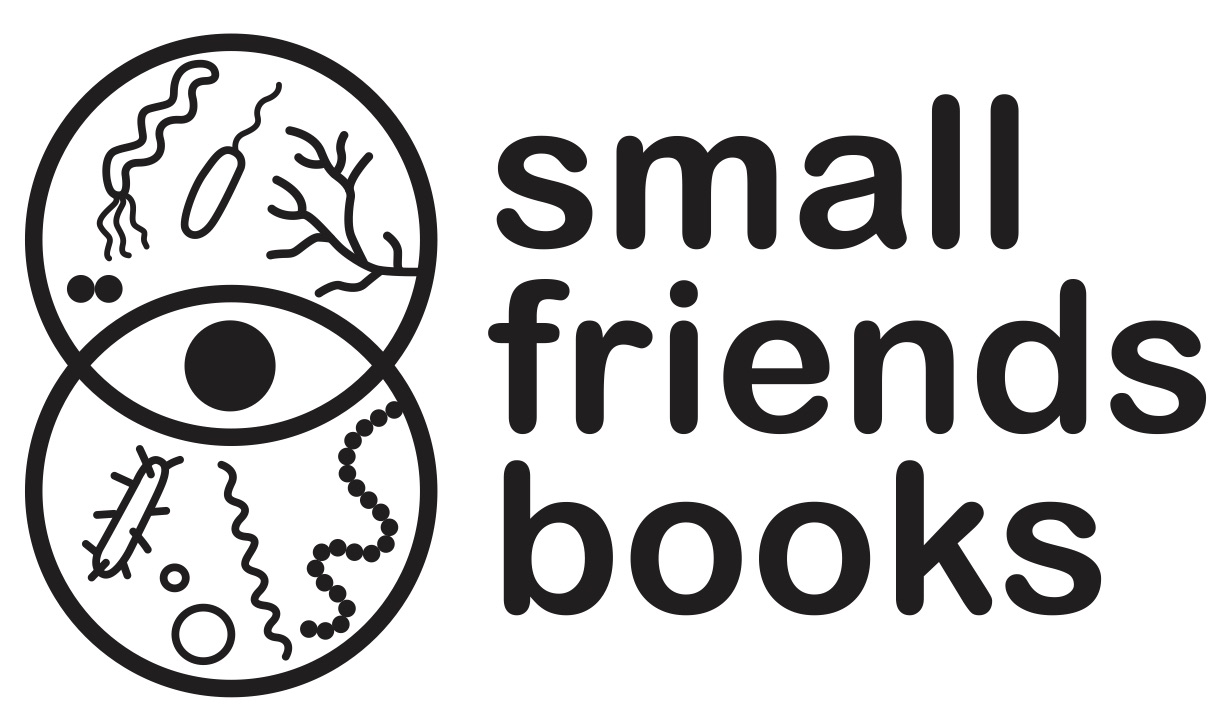I think to tell this story I need to be connected to it. To know about people and what their lives were. So, as a way in, I’ve been looking up my own family history. Walter and James Roadknight were my Nana’s uncles. James was injured trying to invade at Gallipoli and then killed in Belgium. Walter died in France of gunshot wounds to the chest almost a year later. They grew up around the Gippsland lakes. I know that country, from gazing out the car window at the old white weatherboard house on the edge of Johnsonville where my great-great grandmother lived.
My father tells the story, with the quiet tone in his voice which says, “this is important,” of my great-great-great-grandmother, who caught a ship to France to visit the graves of her dead sons. On the journey, she made a huge white lace tablecloth, and it sits in a chest in my mother’s bedroom. We mostly forget it’s there. But when we remember, it is as a softly folded monument to motherhood and grief, more real to my family than anything carved in stone.
My great-great-great grandmother, Annie Roadknight at her son, Walter's grave in France
I hunted up Walter and James’s war records online. 82 and 91 scanned files respectively. I expected to learn more about them – and I did – a little bit: height, eye colour, when they were transported or promoted, how much they were paid. But very quickly, what I found was not them, but their mother.
A telegram to her informing her of James’s death
A letter from the war office explaining in further detail about the circumstances
A letter accompanying his effects
A letter detailing the position of his grave
A letter explaining that the photograph of the grave must have been lost in the post
Repeat for Walter
Dear Mrs Roadknight, Dear Mrs Roadknight, Dear Mrs Roadknight. And each time her signature of receipt. Yes I received your letter. Yes I understand my son is dead. Please could you send me the photograph of his grave? Yes I received your telegram. I understand. My son is dead.
I am overwhelmed by the concept of a paper bureaucracy. Of the hands it took to write and post and file this paper correspondence. Whose were those hands? How many people did this job?
And instead of finding out about life in the trenches, I have learned something about motherhood. And I have been trying to imagine the grief.



